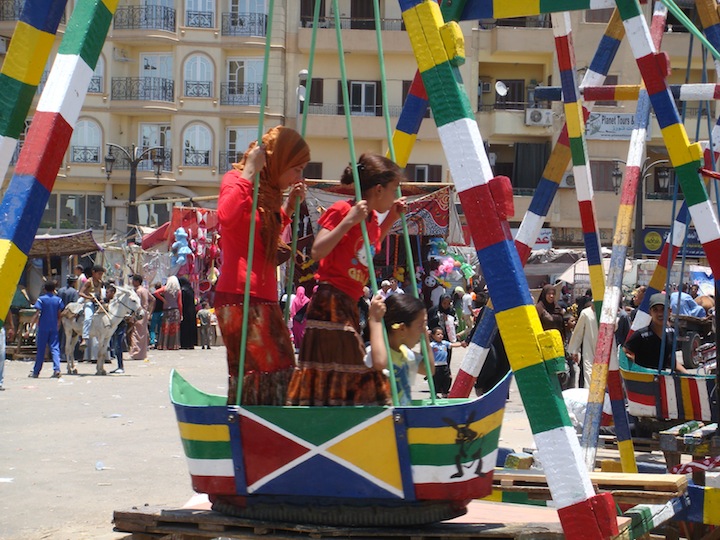
Discover Egypt and Its Vibrant Culture (Part Three)
This is the continuation of our first and second parts of our article on Discover Egypt and Its Vibrant Culture. And if you haven’t check them yet, you can do so here.
In our second article, we were telling you more about the Egyptian customs and traditions and we are going to continue our discovery journey today.
Bringing a Gift on Your First Visit
Are you visiting Egypt for the first time? Then you should keep in mind one of the most respected customs: bringing a gift on the first visit to a friend. Never show up empty-handed, as you will look rude!
You can choose the gift according to your preferences, but it is recommended that it be something edible, such as a dessert. Remember to always hand them over with your right hand or both.
Sham el Nessim
On the first Monday of April is held one of the festivals of Egyptian culture, the Sham el Nessim or the entry of spring. It is 4500 years old. According to historians, it was first celebrated by the Egyptians in the Pharaonic era, who made offerings to the gods with the freshest food to thank them for the good harvest.
Today, this national holiday is celebrated with a picnic in some of Egypt’s green spaces. Also, it is customary to color a hard-boiled egg and eat it or offer it afterwards. The typical food not to be missed is fesikh (a fermented, salted and dried grey mullet).
Abu El Haggag El Moulid Festival

The most enthusiastic travelers will enjoy the Abu El Haggag El Moulid festival, a kind of carnival that seeks to unify the past and the present. It is five days filled with dancing, singing and sporting events. This celebration takes place two weeks before Ramadan.
What is not missing is the traditional parade that represents the priests on their journey to carry the heavenly barks of Amun, Mut and Khonsu. In the streets, there is the presence of floats, shaped like boats, because they symbolize the ancient Egyptian boats. Do not miss this event! This festival transcends Egyptian folklore and brings together thousands of tourists and locals.
Arranged Marriages and Reserved Women
Despite Egypt’s cultural development, there is a tradition that continues and is much criticized in the Western world: arranged marriages and reserved women. What does this consist of? Since it is the parents who arrange the marriage of their children, the belief is based on the fact that the parents have better criteria to choose a husband or wife.
Although, often, this union takes place in search of economic interests or to inherit property of great value. In the case of women’s behavior, they cannot neglect the home or their husbands, in Egypt the honor killing is still maintained, when a woman meets an unrelated man, even if he is innocent.
The practice of genital mutilation is also common, although it is legally prohibited since 2006, in rural areas it continues to be practiced to maintain the chastity of young women. In ancient times, women were considered inferior to men.
However, some women had the privilege to be part of the power. Cleopatra VII and Nefertiti are among the few who had a great impact as rulers of ancient Egypt. On the other hand, if you are a woman and visiting Egypt, keep in mind that although there are no dress code rules, it is best not to wear miniskirts or cleavage.
Eid Al-Adha or the Feast of Sacrifice
Eid Al-Adha is another of the typical festivals in Egyptian culture. It is meant to commemorate the day when Abraham was going to kill his son and Allah offered him a lamb. This religious holiday is celebrated in other countries such as Saudi Arabia, India and Malaysia.
Muslims in Egypt often hold their prayers for several days. In addition, they eat lamb and share it with their family, neighbors and friends. Also, prayers are not only done alone, but people gather in squares or streets to pray in community.
Here you go! We now have completed our series on Egypt and its wonderful culture. What’s the favorite country you’ve ever visited? Tell us about it in the comments below.



